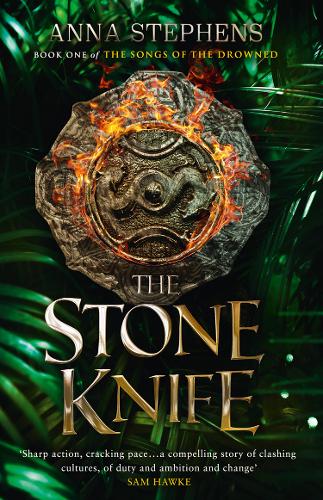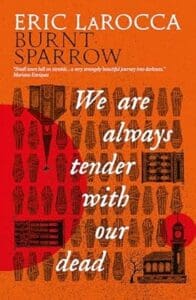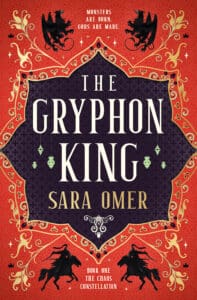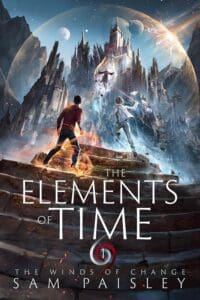
Synopsis
A fantasy epic of freedom and empire, gods and monsters, love, loyalty, honour, and betrayal, from the acclaimed author of GODBLIND.
For generations, the forests of Ixachipan have echoed with the clash of weapons, as nation after nation has fallen to the Empire of Songs – and to the unending, magical music that binds its people together. Now, only two free tribes remain.
The Empire is not their only enemy. Monstrous, scaled predators lurk in rivers and streams, with a deadly music of their own.
As battle looms, fighters on both sides must decide how far they will go for their beliefs and for the ones they love – a veteran general seeks peace through war, a warrior and a shaman set out to understand their enemies, and an ambitious noble tries to bend ancient magic to her will.
Review
Holy Setatmeh, that was absolutely brilliant. Anna Stephens has done again with this incredible first book in her latest trilogy. The Godblind Trilogy is one of my favourite of all time. And damn has she delivered in this amazing new world she has created for us grimdark fans to drown ourselves in her grimalicious storytelling.
The Stone Knife is the first book in The Songs of The Drowned Trilogy, and from the very first pages, the author drags you into its depths with her intriguing and diverse set of characters as they struggle to survive monsters, war and an Empire looking to devour all in its song.
The story is action-packed with bloody scenes, and there are plenty of dark and gruesome moments that fans of Godblind have no doubt come to expect from one of Grimdarks’ favourite Queens of fantasy.
Anna Stephens imagination that has gone into the world-building here is absolutely astonishing. The jungle setting is excellent, and if you close your eyes, you can hear and feel all its vibrancy. This story gives me Mel Gibsons Apocalypto feels to it, but with monsters thrown into the mix, and I can’t wait to see what happens in book two.
The continent of Ixachipan has been at war for generations. Its main benefactors, the Empire of Songs, are looking to devour all with in its magical source, and their Gods the holy Setatmeh to bring peace across the land there must be war, slavery and sacrifices to achieve its goal.
But there are two tribes still to brought under control. The Tokobans and the Yalotlans and the Song is coming for them. Not only have they fought Monstrous, scaled creatures that lurk in rivers and streams that kill the elderly and children. They must fight for their way of life, their land, and their identity. War is coming and It’s going to get bloody, and y’all best be ready when it does.
A very brutal, unsettling, and utterly immersive fantasy that will have you begging for more. If you haven’t read anything by Anna Stephens yet. I very highly recommend that you do, you won’t be disappointed.











Leave a Reply